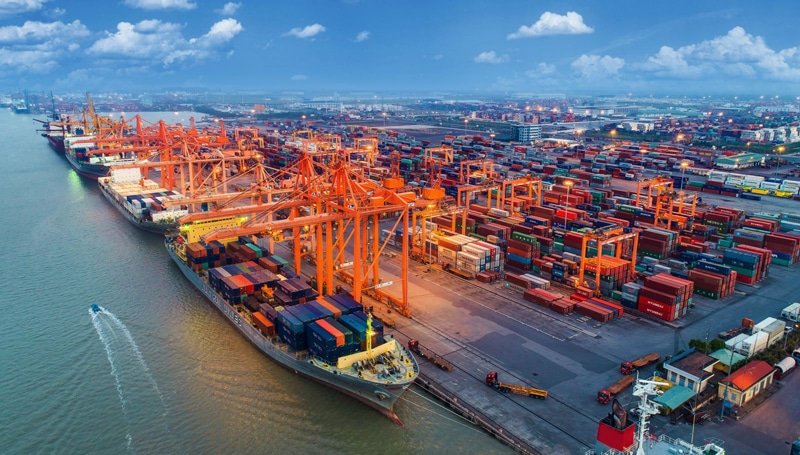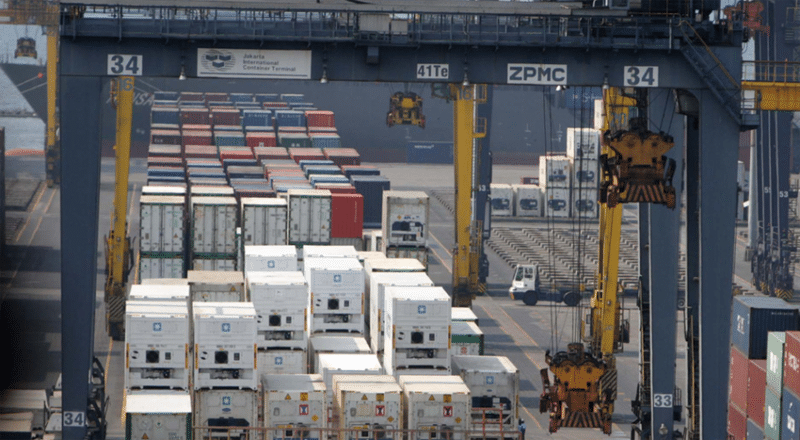By Shenzhen Guanwutong International Freight Forwarding Co., Ltd.
As one of Southeast Asia’s most promising markets, Indonesia presents massive opportunities for international trade. For Chinese exporters, understanding the correct procedures, documents, and regulations for importing into Indonesia is key to ensuring a smooth customs clearance process.
At Guanwutong, we specialize in facilitating China–Indonesia shipments and guiding our clients through every step of the import process. Below is a practical guide based on our experience in the field.
Step 1: Verify Importer Registration in Indonesia

Before goods can legally enter Indonesia, the receiving party (importer) must be registered with the Indonesian Customs authority. This includes:
- Customs Identification Number (NIK): Assigned by the Directorate General of Customs and Excise.
- Import License (API): Depending on the product category, the importer may require an API-U (general) or API-P (producer) license.
Related Reading: https://gwt-shipping.com/shipping-from-china-to-indonesia/
Step 2: Prepare Required Import Documents
A complete and accurate set of documents is essential to avoid delays:
- Commercial Invoice
- Packing List
- Bill of Lading (B/L) or Air Waybill (AWB)
- Certificate of Origin (if preferential tariff applies)
- Import licenses or special permits (if applicable)
Our logistics team ensures that all documents are compliant with Indonesian customs standards before shipment departure from China.
Step 3: Submit Customs Declaration (PIB)
Indonesian importers are required to submit an Import Declaration (PIB) through the national customs system. This declaration must be filed shortly after the arrival of goods at the port.
- Taxes and duties are calculated based on self-assessment.
- The release document (SPPB) will be issued upon verification by customs officers.
Guanwutong supports coordination with Indonesian customs brokers to ensure timely filing and clearance.
Step 4: Understand Taxes and Duties in Indonesia

The total cost of importing includes various levies:
- Import Duty: Varies by HS Code
- Value Added Tax (VAT): Generally 11%
- Luxury Goods Tax (if applicable)
Additionally, exporters may benefit from KITE (Kemudahan Impor Tujuan Ekspor) – a program allowing duty exemptions for materials imported for re-export.
We help clients check eligibility and prepare required documentation for preferential treatments like KITE.
Step 5: Comply with Product-Specific Regulations
Certain goods such as food, cosmetics, electronics, and pharmaceuticals may require additional inspections or approvals from relevant ministries or regulatory bodies.
- Ministry of Health
- BPOM (National Food & Drug Agency)
- Quarantine Offices
- Ministry of Trade
Guanwutong works with local partners to ensure all regulatory steps are handled properly before goods arrive.
Step 6: Final Delivery and Inland Transport
Once customs clearance is complete, goods can be released for local distribution. Whether delivering to Jakarta, Surabaya, Batam, or other destinations, we can arrange ドアツードア delivery or port pickup depending on your requirements.
Why Choose Guanwutong for China–Indonesia Import Shipments?
- Full documentation support from China to Indonesia
- Reliable IOR and customs clearance partnerships in Indonesia
- Cost-effective ocean and 航空貨物 solutions
- Guidance on duty exemptions and licensing
- One-stop door-to-door delivery solutions
Start Shipping from China to Indonesia Today
Whether you’re a first-time shipper or a seasoned exporter, Shenzhen Guanwutong International Freight Forwarding Co., Ltd. ensures a fast, compliant, and hassle-free experience when importing into Indonesia.


Thank you for reading!
Have questions, corrections, or better ideas? We’d love to hear from you!
We value every piece of feedback and promise to reply within 24 hours. Let's make this guide better together!
Note: Spam comments will not be published.